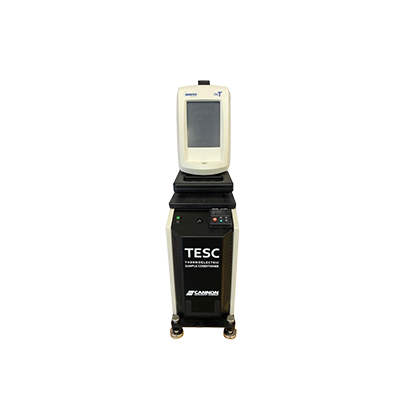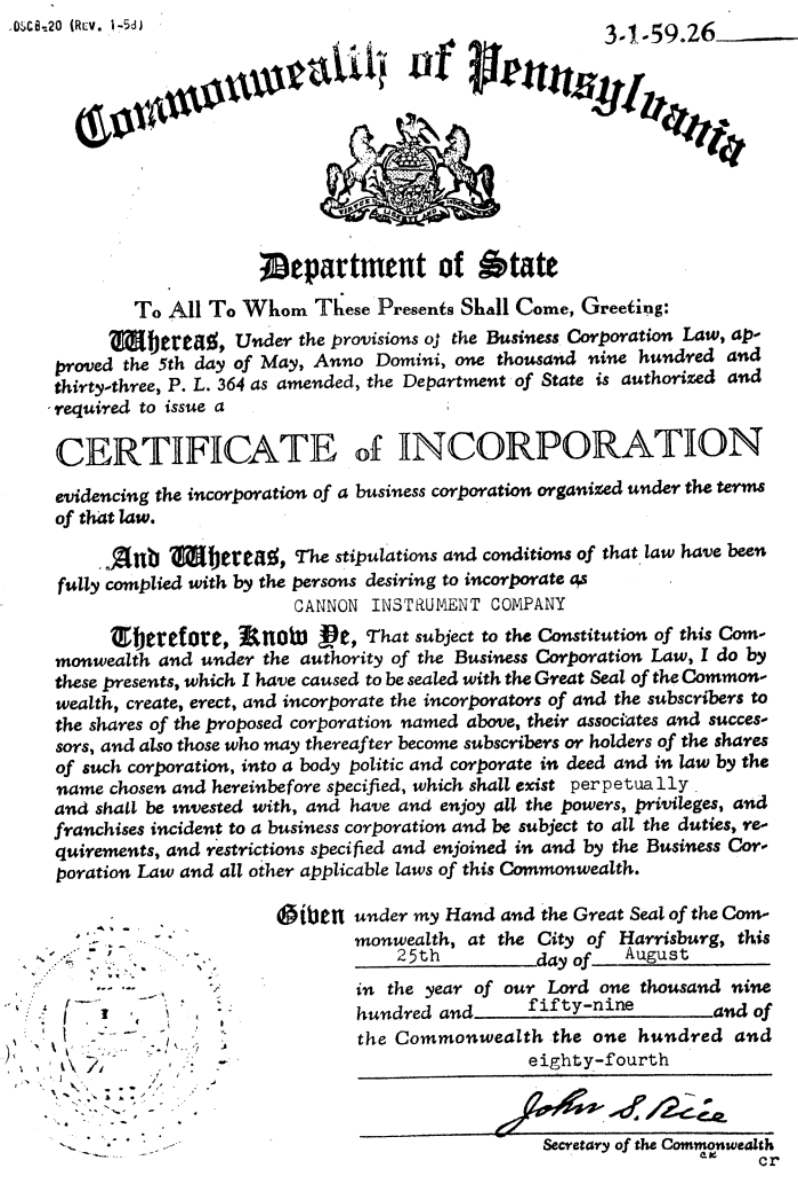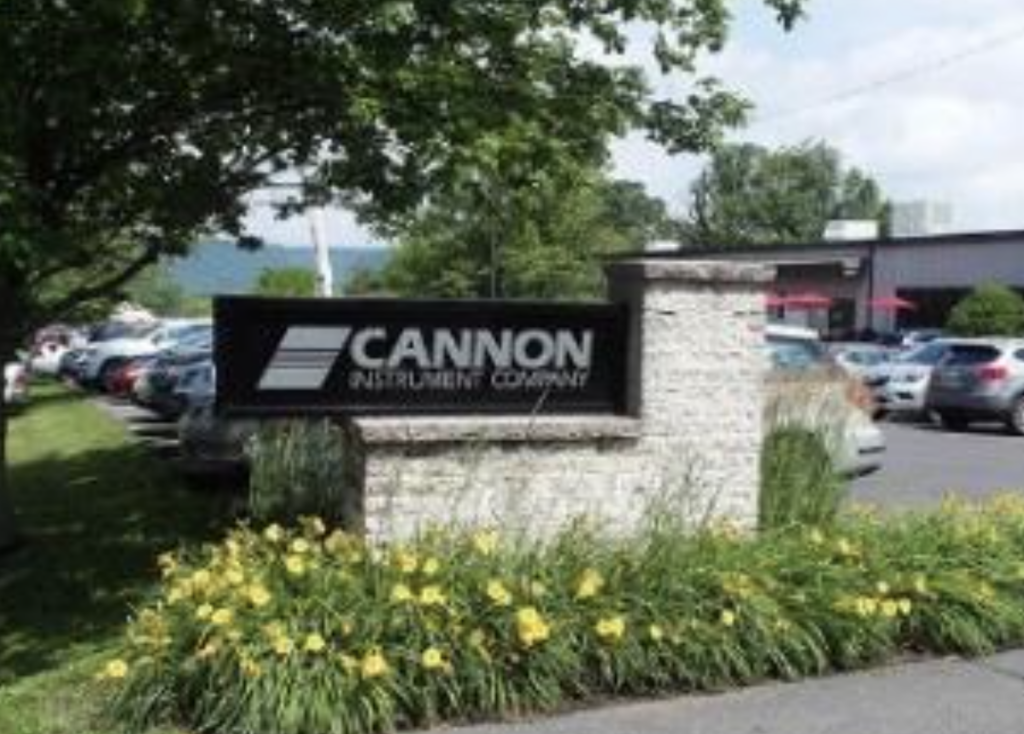



Cannon Instrument Company has earned international acclaim for the quality of its viscosity-related products and services since its founding in 1938 by scientist, inventor, and educator Dr. Michael R. Cannon. The company’s longstanding emphasis on production of premier-quality test equipment has kept CANNON at the cutting-edge of research and development.

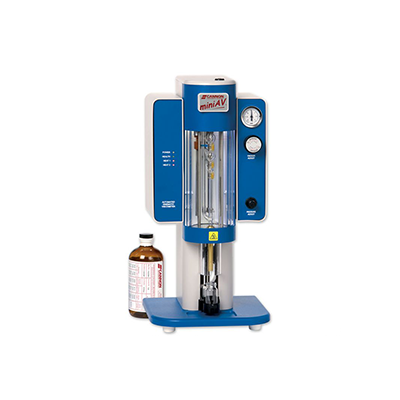
MiniAV®
MiniAV®
The first mid-market fully-automated ASTM D445 viscometer and one of a family of eight different models. Over 1500 units installed in the global market as of 2020.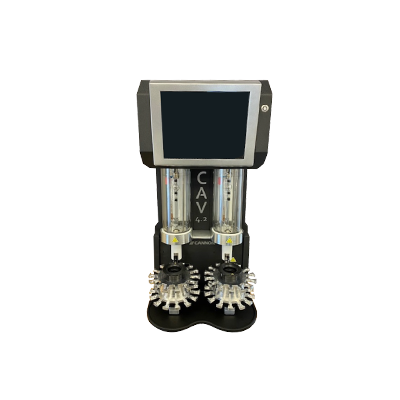
CAV®4.2
CAV®4.2
The CANNON® flagship fully-automated ASTM D445 viscometer. Carrying on the legacy of viscosity measurement automation which Cannon first pioneered in the early 1970’s. It’s predecessor models had an installed base of over 3000 units globally.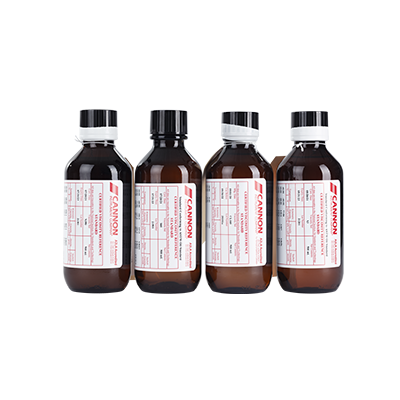
Certified Viscosity Reference Standards
Certified Viscosity Reference Standards
Today Cannon manufactures over 170 different liquid reference standards for kinematic viscosity, dynamic viscosity, density, flash point, and both hot and cold flow properties. The Cannon laboratory is ISO 9001 registered and accredited to ISO 17025 and ISO 17034/35.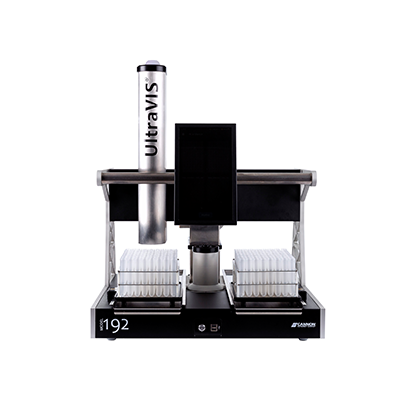
UltraVIS® Model 192
UltraVIS® Model 192
The first fully-automated high-speed viscometer with test cycle times as low as 2 minutes and ZERO solvent consumption. Making viscosity testing much more economical for the used oil analysis industry.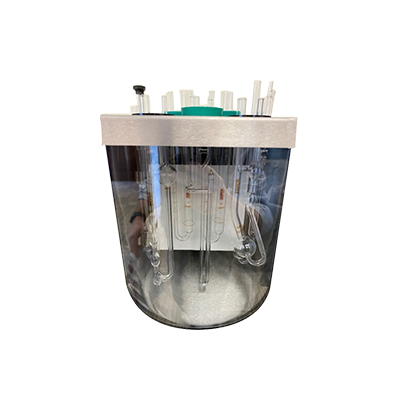
CT-2000 Digital Constant Temperature Bath
CT-2000 Digital Constant Temperature Bath
The flagship manual constant temperature bath is fully microprocessor controlled with an un-paralleled level of temperature control exceeding +/- 0.003 °C across a range from 10 °C to 150 °C for ultra-precise viscosity measurement using manual glass viscometers.
SimpleVIS®
SimpleVIS®
Originally developed in 2008 for ExxonMobil for use as a QC viscometer throughout their entire commercial lubricant distribution network. Small, portable, and almost as accurate as its biggest brethren.